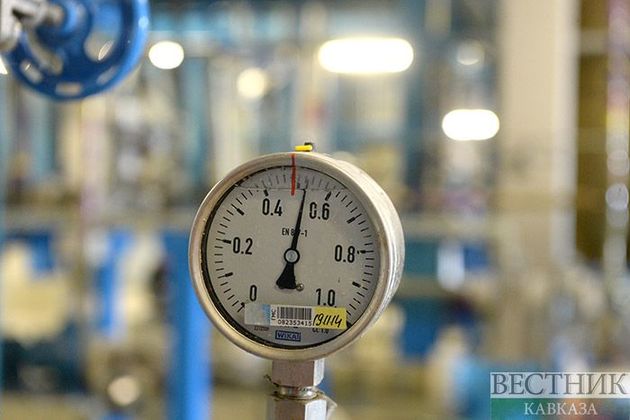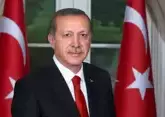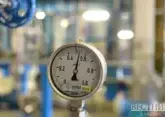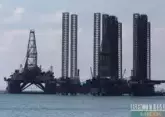Central Asia possesses a significant role within the global geopolitical balance since it comprises numerous trade channels that link many businesses with millions of target customers from China to Portugal and vice-versa. Withal, by having abundant hydrocarbon potentials, the region offers tremendous opportunities to the global and local players, Modern Diplomacy writes. Throughout the recent period, the preponderance of the energy-based plans and policies triggered the emergence of mega projects in the region, such as the Southern Gas Corridor, Central Asia–China gas pipeline, TAPI, and a possible Trans-Caspian pipeline in the upcoming years.
Albeit these intense investment activities are foreshadowing new regional perspectives for economic development, it also generates additional alternatives and realities for the European policymakers.
The new business in the traditional routes
Anciently, the region was home to the legendary Silk Road, which was shaping the vivid economic landscape of the planet. Today, the region’s erstwhile role in trade seems to be revitalized to some extent by the projects such as the Road and Belt Initiative. In contradistinction to the past, energy forms the backbone of modern trade in Central Asia despite some cardinal difficulties of marketing and transportation.
In the last decade, Turkmenistan, Kazakhstan, and Uzbekistan had some attempts to increase their presence in the sector via their involvement in Central Asia–China gas pipeline. Notwithstanding, none of them was able to establish a comprehensive framework of cooperation with the EU as Azerbaijan. Through its unique Southern Gas Corridor project, which enables the transfer of the natural gas from the Shah Deniz field of the Caspian Sea to South Europe, Azerbaijan had radically transformed the pipeline mappings at the Caspian region. Concomitantly this channel provides a tremendous chance to the other landlocked Central Asian countries to be able to meet the rising demand in the European market.
Europe’s apprehension
From the European Union perspective, energy can be categorized as a strategic sector since the European economy increasingly relies on international suppliers. Currently, 54% of the energy consumption within the EU is imported mainly from Russia. More specifically, in 2019, Russian stake in the EU’s natural gas import was 44%, and the dependency of EU countries on Russian gas in 2013 as follows: Estonia 100%, Finland 100%, Latvia 100%, Lithuania 100%, Slovakia 100%, Bulgaria 97%, Hungary 83%, Slovenia 72%, Greece 66%, Czech Republic 63%, Austria 62%, Poland 57%, and Germany 46%. These substantial factors are forming the backdrop of the EU’s diversification policy in the concerning field through the establishment of intense diplomatic and economic ties to ensure the sustainability of energy security. During the anticipated turbulent periods, especially considering the latest exacerbation between Russia and the Western bloc, the European economy might inevitably face some severe hurdles. Since there is a possibility that the process might be accompanied by the risk of the blockage of the Russian gas by the transit countries.
The viable solution
Geopolitical escalations undoubtedly hasten the energy diversification process within the European Union. Although the union intends to achieve its economic goals via the market mechanisms, it also adopts a realist standpoint in International Relations, specifically in the energy context. As stated by the British Petroleum data published in 2019, proved gas reserves of Azerbaijan, Kazakhstan, Turkmenistan, and Uzbekistan totaled26,2 trillion cubic meters or 13,1% of the world’s known reserve. Undoubtedly, such an enormous potential would significantly contribute to the energy security of the EU.
Given the current situation in the European energy market and the global political climate, the EU cannot ignore its energy security concept, which is the fundamental aim of energy policy. In this sense, Southern Gas Corridor appears like the most convenient alternative by considering the future possibility of the construction of the Trans-Caspian pipeline that would dramatically facilitate the direct transfer of the Central Asian gas to South Europe.
As long as the EU is dependent on the imports of fossil fuels, the necessity of the balance in the energy sector will remain topical. Hence the formulation of a rational approach towards cooperation with potential suppliers, particularly key countries such as Azerbaijan, is essential. Otherwise, the energy notion will remain a risky and problematic political and economic instrument.










